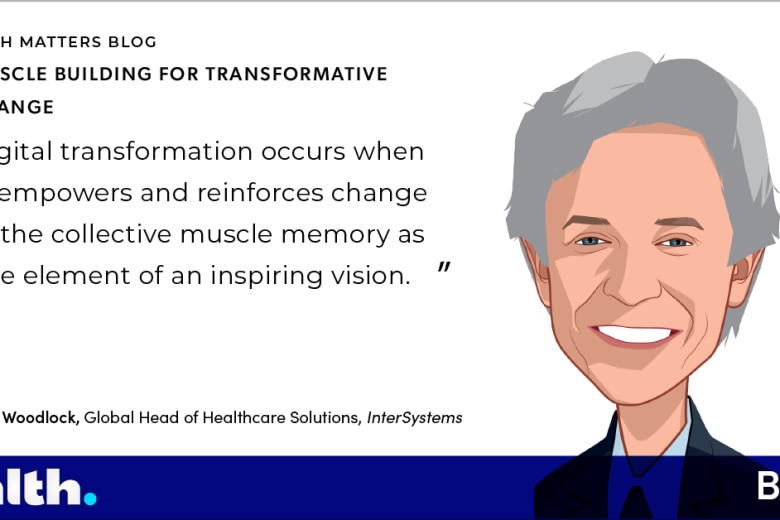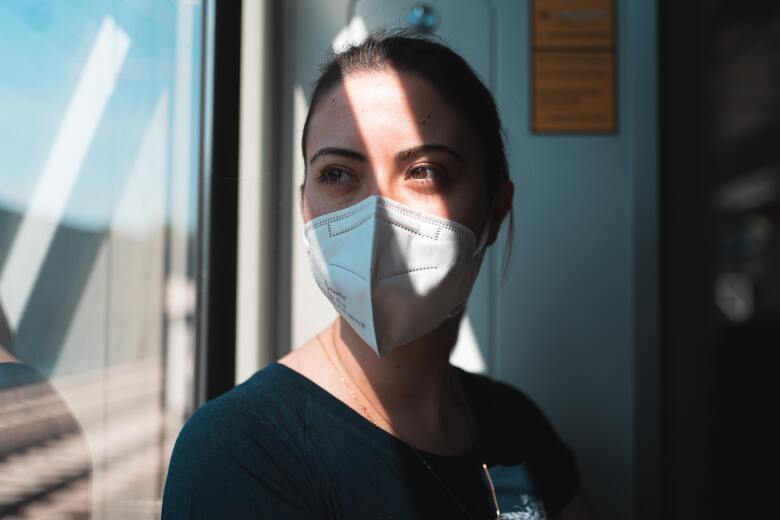Healthcare proxies have a tough job. The emotional stress of caring for an ailing loved one, combined with the chaos of keeping health records and information straight, can be overwhelming for even the best-prepared caregiver. Proxies are integral in the management of care when patients can’t advocate for themselves or need extra assistance in doing so. The ability to access patient information as a caregiver is essential to successfully advocating for those who matter most to you, and getting this information in real time ensures that the caregiver is intervening in his or her loved one’s care plan as soon as it’s needed.
Often a gap in care, alerting caregivers when their loved one is transferred, admitted or discharged from a facility became a priority for us at Rhode Island Quality Institute (RIQI). Rhode Island has a unique opportunity for innovation because every hospital is connected by
CurrentCare, RIQI’s statewide health information exchange (HIE) based on
InterSystems HealthShare
®. By leveraging our connected health network, we developed “Designee Alerts,” where a patient can designate a proxy to receive updates in their care status in real-time. This kind of technology has never been used to this degree, and already is changing the way care is being provided in Rhode Island.
"We've seen Designee Alerts positively impact patients and their personal communities by decreasing confusion around transitions of care."
When a provider updates a patient’s status within the HIE, a previously selected designee will receive a notification (via email, text, etc.) that his or her loved one, for example, has been admitted to Rhode Island Hospital in Providence. The designee will also receive notifications when each transition in care takes place, such as when the patient is transferred to another hospital or discharged. This alerting capability positively impacts both the patient as well as their personal community by decreasing confusion through improved communications. The stress and anxiety that goes hand in hand with caring for someone who is ill can make it hard to focus on what really matters: your loved one. By reducing that anxiety through this new capability, RIQI is hoping to give designees peace of mind that no matter the situation, when their loved one needs them, they’ll be there to step in.
While developing this technology, our team knew that those dealing with end–of-life treatment, where many comorbidities make change in care status a frequent occurrence, would find this feature reassuring. While these patients will surely see the most dramatic difference in their care process, we also see the potential gravity that this capability can bring to other patient dynamics. As physicians and care facilities nationwide grapple with the opioid epidemic, it’s hard not to think of the impact that Designee Alerts could have on families struggling with their loved ones’ addictions. If parents are notified each time their children are admitted because of a drug overdose, would they intervene and seek treatment earlier? If a spouse is notified the minute a partner is admitted to a hospital, could he or she get to their spouse’s side sooner? Designee Alerts have an opportunity to answer “yes” to these questions, and revolutionize the way we care for those we hold closest to us.
Click here to read more guest blogger posts on InterSystems PULSE.
About the Author

Scott Young is Senior Director, Product Strategy & Growth at Rhode Island Quality Institute. In his role he oversees product strategy, marketing communications, business development and client services. Mr. Young has over 20 years of experience designing and implementing a wide variety of successful population health management programs locally and nationally working for the Federal government, health plans, health management companies and employers. He has significant experience in health management product management, program delivery, incentive program design, health risk assessment design/delivery, web-based application development/implementation, marketing communications and overall product management. He has a masters degree in Healthcare Administration and bachelors degree in Exercise Physiology.




































